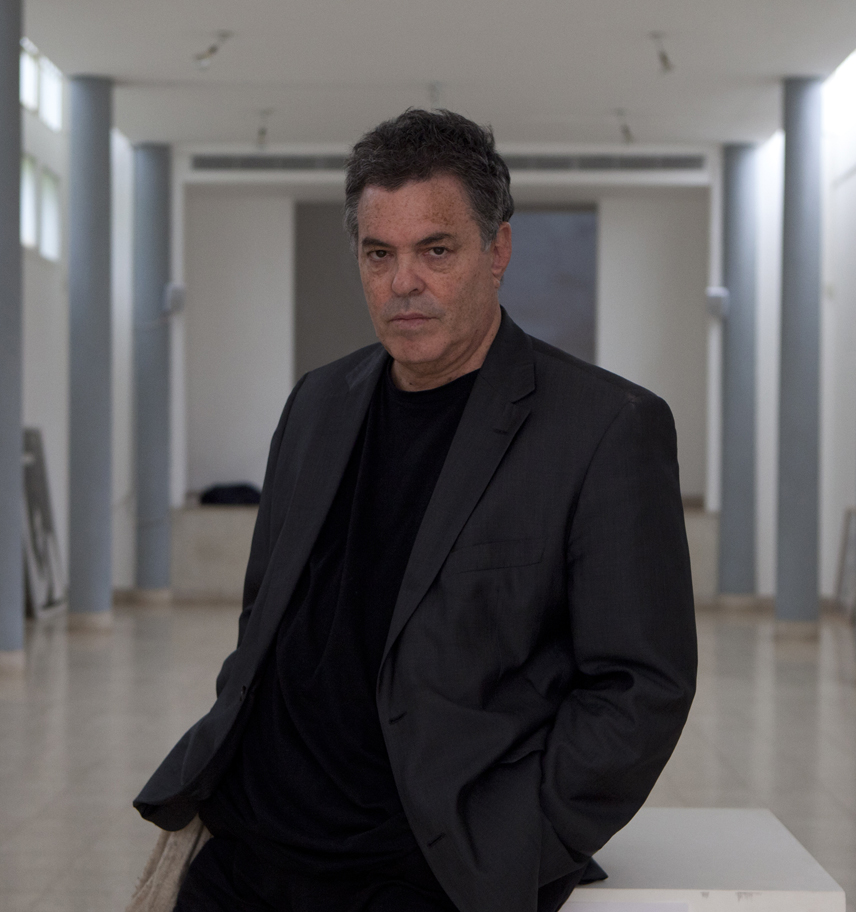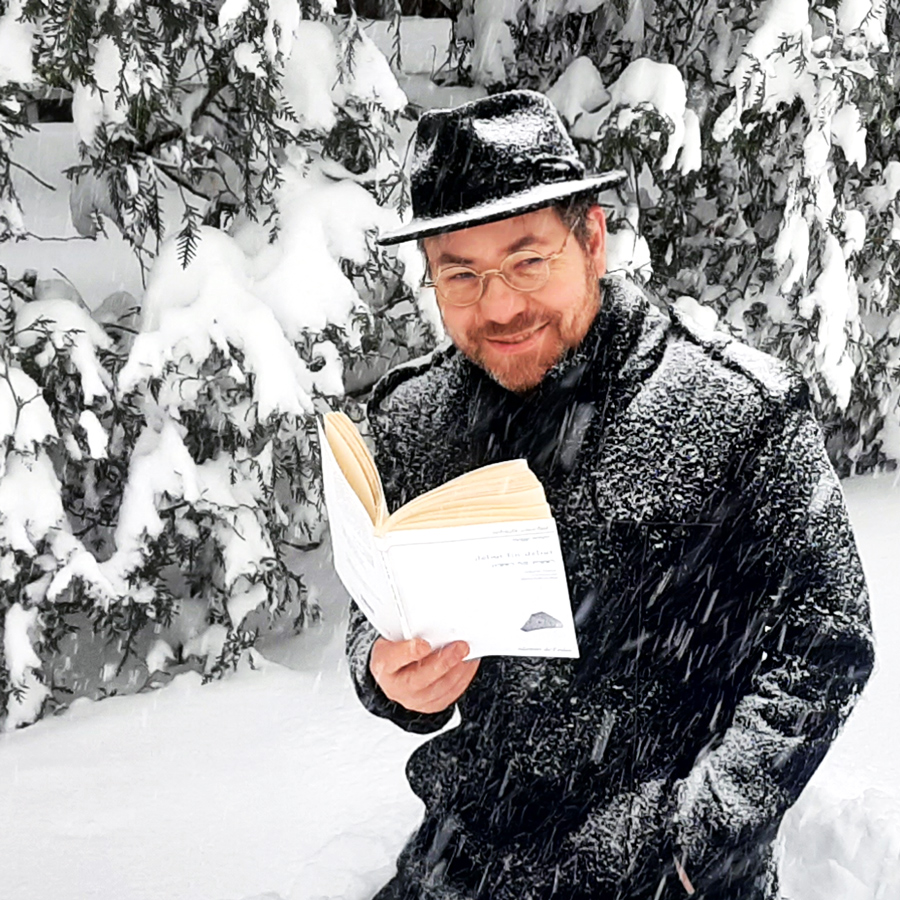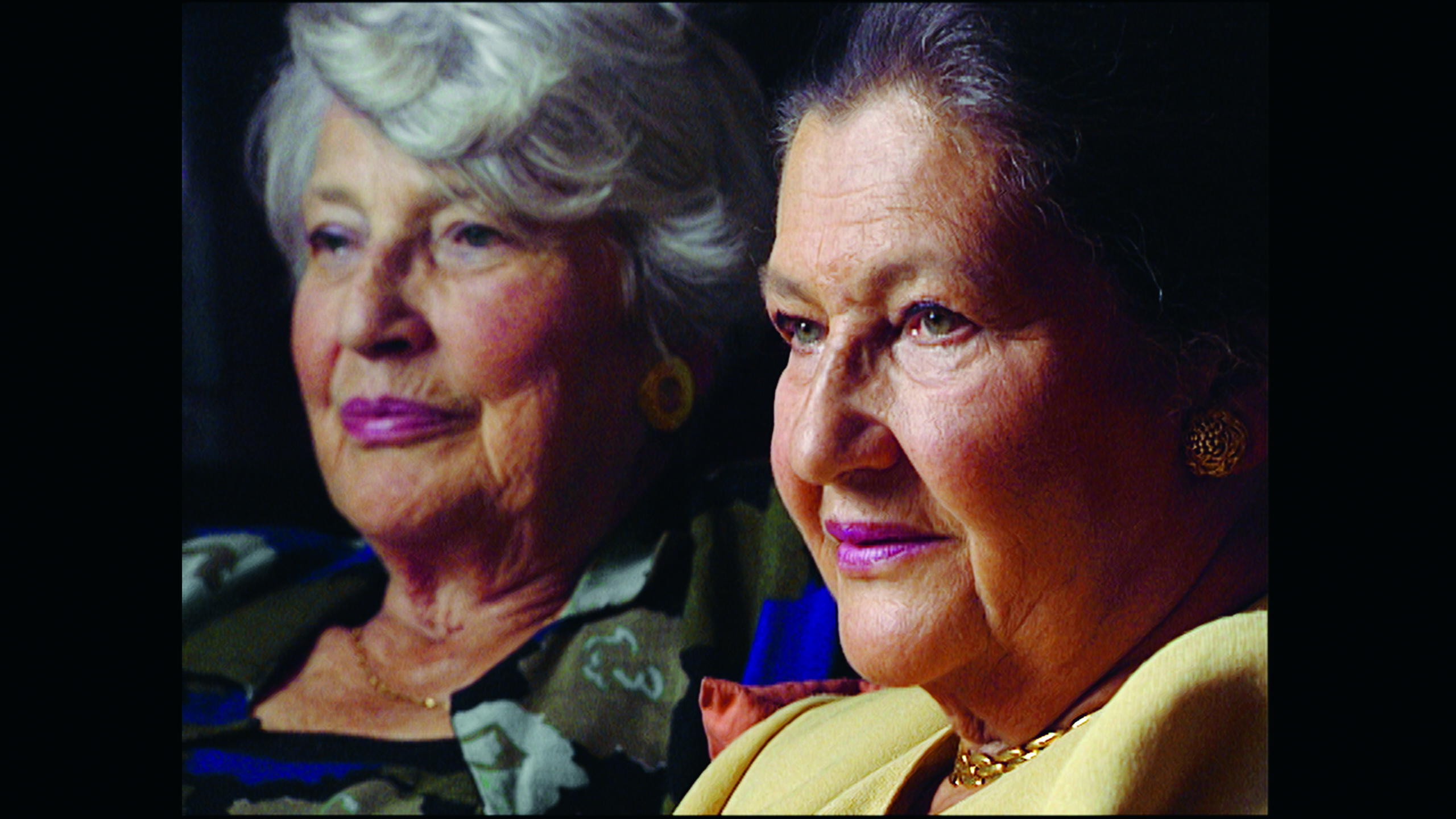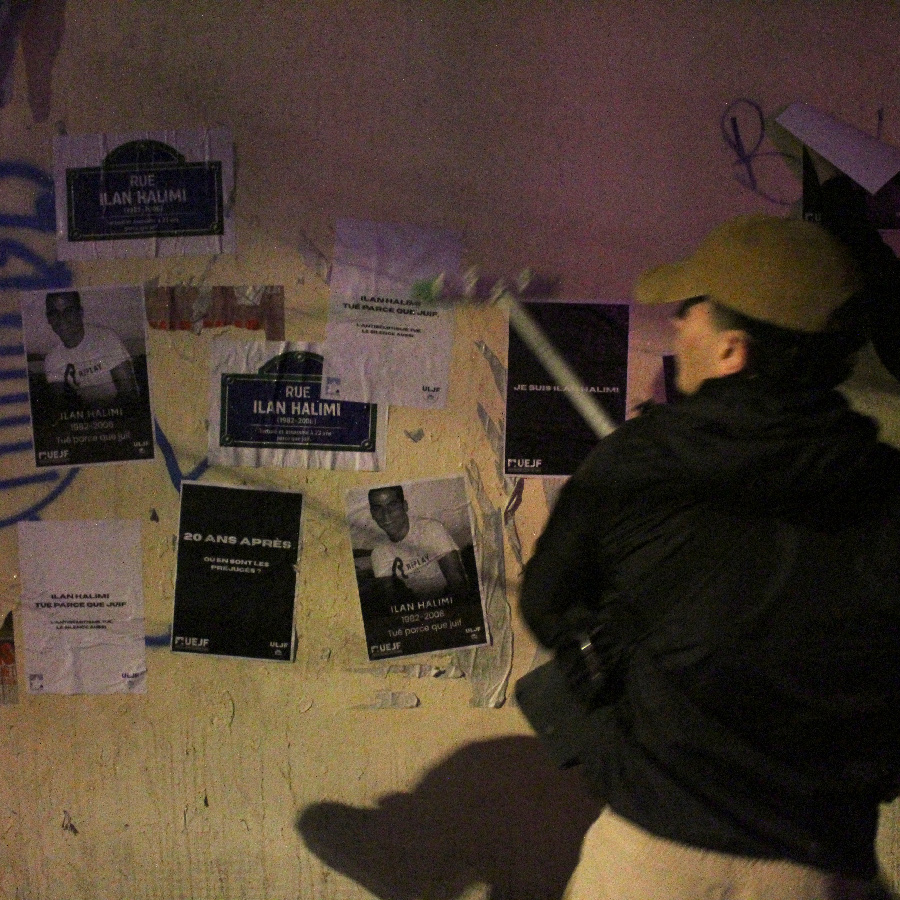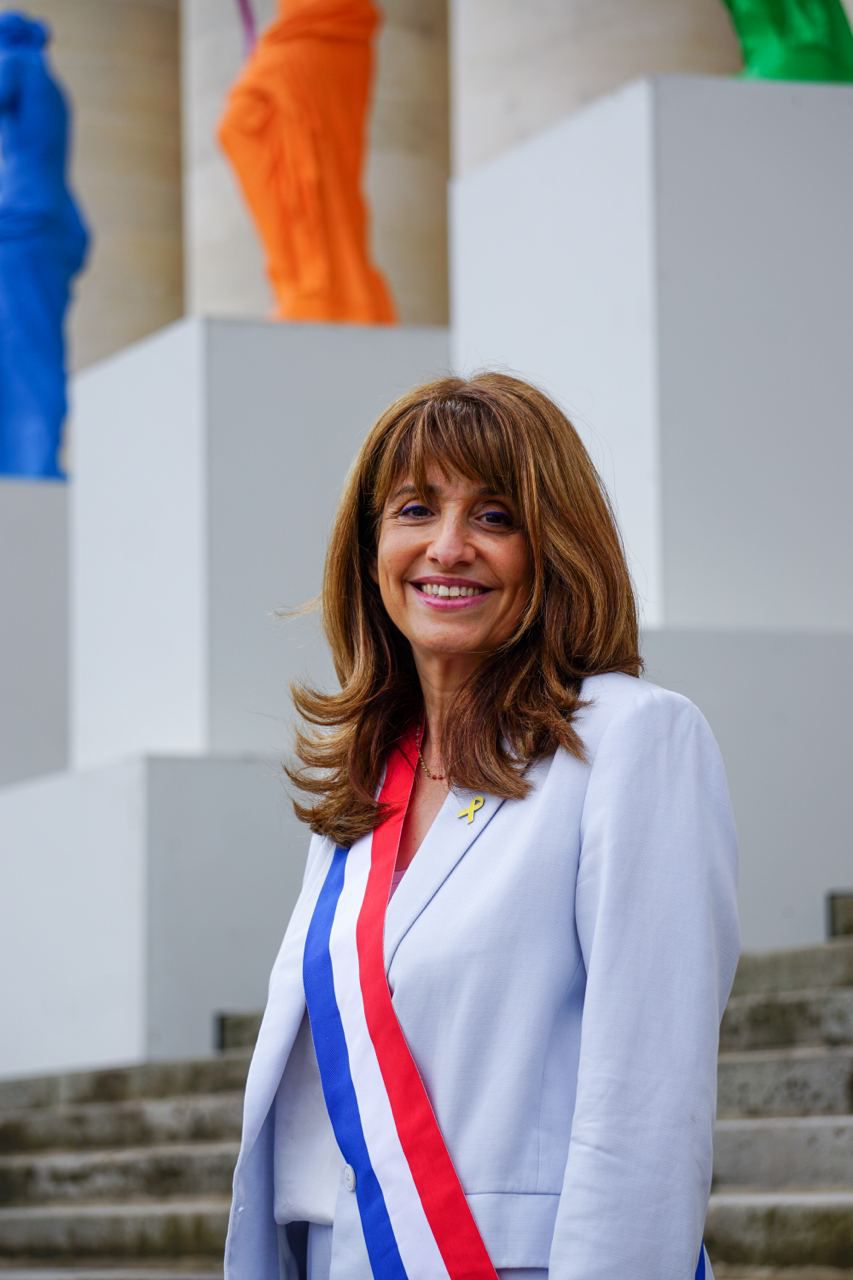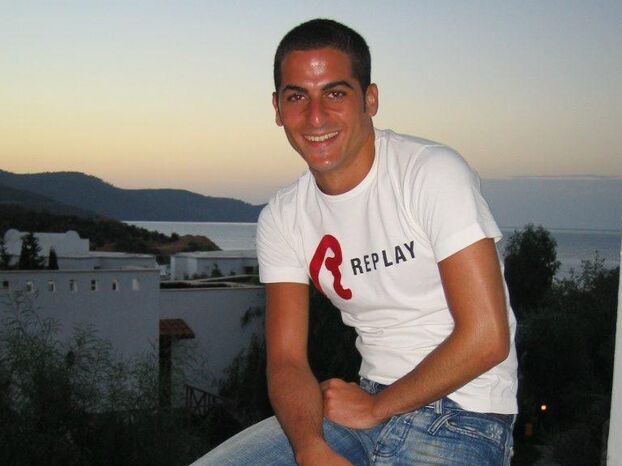Lire cet entretien en français / Read this interview in French

Antoine Strobel-Dahan - Ten years after your film and thirty years after the assassination, how does Israel remember — or fail to remember — Yitzhak Rabin today?
Amos Gitai – It’s a big issue — because obviously the current government, the current powers, would rather not remember. I would even say they’d prefer to erase the memory of this event. But we think that, as Israeli citizens, it’s important to keep a trace — a memory — of that moment thirty years ago, when there was a genuine effort to reconcile Israelis and Palestinians. What we’re doing is, in a way, a gesture against oblivion — against forgetting.
ASD - October 7, 2023, was experienced as a national trauma — a rupture. But when we watch your film again, we might feel that the first rupture — the one that shattered Israel’s collective utopia — actually took place on November 4, 1995, when a Jewish Israeli citizen assassinated the prime minister. Would you say that moment marked the beginning of another Israel?
AG – Absolutely. There’s even a statement recorded by the head of the commission — the President of the Supreme Court, Mr. Meir Shamgar. In most of the commission’s investigation, they focused on the operational failures. But at the end of his report, he wrote that Israel would never be the same country after this assassination. He steps out of his very stiff, juridical language, and I think he’s right. Israel suffered the decapitation of the possibility of dialogue — and we’re still living with the consequences, up to October 7 and probably beyond.
ASD - Towards the end of your film, Leah Rabin — Yitzhak Rabin’s wife — recalls how her husband could never imagine being targeted, not really. How he would have refused to wear a bulletproof vest, how confident he was. Do you think that, as a society, Israel was too confident — or maybe too naive — before 1995?
AG – I don’t think it was confidence. I think there were two different visions, you know — and already, internal conflicts. The same forces that killed Rabin — they already existed on both sides. When Rabin gave the order for the army to withdraw from the Palestinian cities, it triggered the worst wave of suicide attacks by Islamic Jihad and Hamas in Tel Aviv. And those attacks, in turn, strengthened the elements of the extreme right — the Jewish extreme right — and it ended with an Israeli Jew killing Rabin. So this coalition, this group of people who never wanted any kind of agreement with the Palestinians, is still there. And the more moderate people, those who want to pursue solutions of coexistence, are caught in between — squeezed by these two forces.
ASD - Watching your film again today, in 2025, it’s hard not to see echoes between the figures you showed then and Israel’s current leadership. Many of those who were on the fringes in 1995 — extremist rabbis, settlers, religious-nationalist voices — are now at the heart of government. Would you say that, politically speaking, Rabin’s assassination has, in a way, triumphed in today’s Israel?
AG - I don’t know if it has triumphed, but we are led by a prime minister who is a very — very — talented manipulator. He uses spin, as if he’s following Machiavelli’s handbook on how to manipulate. And he has integrated these very extreme, right‐wing, radical elements into the centers of power — into the Shin Bet, the police, the major security institutions, and even the Ministry of National Security, headed by Itamar Ben Gvir.
So it’s a very dangerous time.
ASD - Talking about Itamar Ben Gvir — in the film, we see him holding a Cadillac emblem from Rabin’s car, saying: “We got to his car, we’ll get to him, too.” Years later, when he became a minister, a photo resurfaced showing him at home with one of his children, standing in front of a portrait of Baruch Goldstein — the Israeli terrorist who murdered 29 Palestinians in Hebron in 1994.
Now that he’s one of the ministers — and not a minor one, but the Minister of National Security — what does that tell us about Israel’s moral and political trajectory since the assassination of Yitzhak Rabin?
AG – I would stick with Netanyahu, you know, because he’s the architect of the whole arrangement. For me, all these guys — Itamar Ben Gvir, Bezalel Smotrich, Orit Strook — all of them are part of Netanyahu’s architecture : a system built to create chaos, to create instability, to spread fear. He’s the big Machiavellian architect of the whole thing — he’s at the center. You know, all of them are just peons, moved around by the big chief.
And the thing is, obviously, Netanyahu is a very talented politician — facing a very weak opposition. That’s the main issue, I think.
ASD - In your film, the colonization of the West Bank isn’t just a backdrop — it’s a key to understanding the atmosphere that led to Rabin’s assassination. Today, while the world’s attention is fixed on Gaza, the situation in the West Bank continues to deteriorate: settler attacks, expulsions, impunity — a de facto push toward annexation.
In your view, has colonization become the main engine of Israel’s moral and political decline?
AG ‑It was always there. You know, both sides have people who claim “From the river to the sea” — some among the Palestinians, some among the Israelis. And as long as these two forces are the ones holding power, it will be an endless, permanent war. So the moderates are losing on both sides, and all we can do is hope that the situation will change.
ASD - In 1995, a wave of political hatred, delegitimization, and extremist religious rhetoric preceded Rabin’s assassination. Now, as Israel heads into a new election year in 2026 — after two years of war — do you fear a resurgence of ideological or even political violence reminiscent of 1995?
AG – Well, the right wing says this is symmetrical. But we know that all the assassinations — not just Rabin, but also Emil Grunzweig [an Israeli peace activist killed by a grenade thrown by Yona Avrushmi during a Peace Now demonstration in Jerusalem in 1983] — came from the right.
So we should probably be cautious, and see what Netanyahu is cooking — the dish he wants to serve us for the next election, if there is one. We have to be careful with this guy. Let’s see what happens.
ASD - You say, “the next election, if there is one”?
AG – Because with guys like Netanyahu — or his chief collaborator, Mr. Trump — who have no rules and respect none of the existing norms of society, we always have to stay cautious and alert.
ASD - I’d like to end on a more optimistic note.
At one point in the film, Rabin says: “I fought as a soldier as long as peace was not possible.” Are we reaching a time when war itself is no longer possible?
AG - I’m joining you in your wish to have hope. Let’s hope that will be the case.
And anyway, being myself a veteran of the Yom Kippur War, we know that history is dialectical — sometimes a great catastrophe can lead to an opening. You know, the Yom Kippur War led to the first peace agreements with Arab countries.
But it’s really an open question — who will win ? Still, I agree with you : hope is an engine of change. So let’s keep a small grain of hope.

